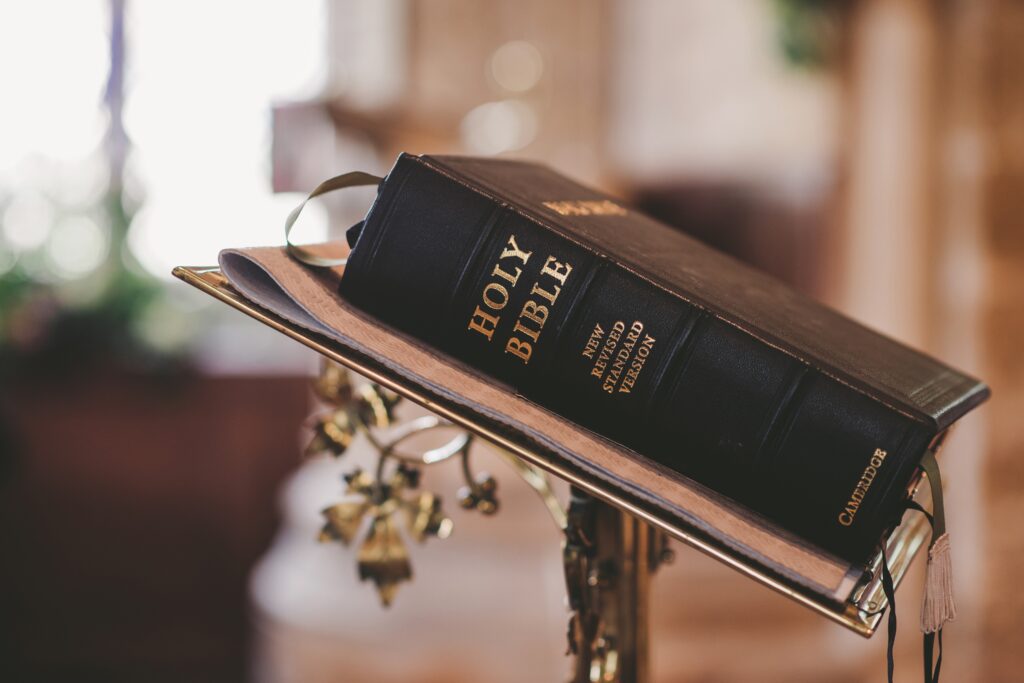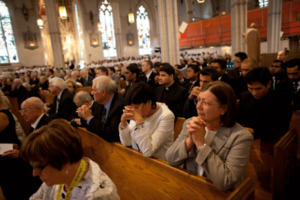The Bible asks the most profound, piercing, and penetrating questions that are relevant to every generation. No human being on earth can escape them. Even if you do not know the Bible well, you will have to contend with these questions because they are crucial to human existence.
The most important and unique feature about Elohim’s questions in scripture is that they can have different levels of meaning based on the context in which they are used. Some are posed by Elohim Himself, while others are posed by angels or men. Some arise out of direct confrontation between Elohim and mankind; others are revealed through casual dialogue. Some are rhetorical questions intended to cultivate food for thought or to cause deep introspection of our relationship both horizontally (person-to-person), and vertically (person-to-Elohim). Their main purpose is to get us to reflect, to repent, and to get back into right standing with God and our fellowmen.
Here is the seventh of my seven most profound Biblical questions, which I believe are designed to make us think and provide more than just “good answers”. The other six questions in this series were:
- If a man dies, shall he live again?
- [Adam and every created being] Where are you?
- Am I my brother’s keeper?
- Is anything too hard for Elohim?
- How can a young person stay on the path of purity?
- Who do you say I am?
QUESTION 7 “WHAT SHALL I DO THEN WITH JESUS?”
(Matthew 27:19-26) 19 When he was set down on the judgment seat, his wife sent unto him, saying, Have thou nothing to do with that just man: for I have suffered many things this day in a dream because of him. 20 But the chief priests and elders persuaded the multitude that they should ask Barabbas, and destroy Jesus. 21 The governor answered and said unto them, Whether of the twain will ye that I release unto you? They said, Barabbas.
22 Pilate saith unto them, What shall I do then with Jesus which is called Christ? They all say unto him, Let him be crucified. 23 And the governor said, Why, what evil hath he done? But they cried out the more, saying, Let him be crucified. 24 When Pilate saw that he could prevail nothing, but that rather a tumult was made, he took water, and washed his hands before the multitude, saying, I am innocent of the blood of this just person: see ye to it. 25 Then answered all the people, and said, His blood be on us, and on our children. 26 Then released he Barabbas unto them: and when he had scourged Jesus, he delivered him to be crucified.
Every one of us must make a decision about Elohim in our lifetime. This was Pilate’s question to the crowd gathered at Yeshua’s’ trial. Their answer: “Crucify Him!” Their shout a few days earlier had been different: “Hosanna to the Son of David! Blessed is he who comes in the name of the Lord!” (Matthew 21:9).
The Christ was betrayed by Judas and arrested by the Roman soldiers. There he was, facing Pilate, who thought he held Yeshua’s fate in his hands. Unbeknown to him, what Pilate really held in his hands was his own fate. As Pilate was sitting on the judgement seat with Yeshua standing nearby, he asked a question that should cause each of us to stop and think.
It is doubtful whether Pilate truly understood the magnitude of the question, nor did he understand that he was making a decision that would affect his soul for all eternity.
It is amazing how unfulfilled expectations and a little peer pressure can change public opinion. In first-century Jerusalem, people who had an errant view of Yeshua and His mission, rejected Him; so, today, people who come to the Christian faith with an errant understanding of who Christ is will eventually turn away.
We must ensure that we accurately present who Yeshua is and what Christianity is all about when we share our faith.
Reference
Adrian T. Brown is a “re-tyred” educator and health enthusiast who blogs on the internet. See him at https://www.divinehealthworld.com






